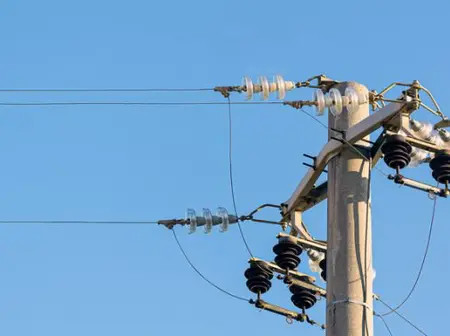Kenya’s new draft energy regulations would compel electricity providers to compensate consumers for outages and poor-quality supply, imposing fines for missed reports, inadequate outage notices, and technical failures.
Industrial consumers stand to receive compensation amounts running into hundreds of thousands of shillings per event, calculated under a formula in the draft rules.
Claims must be reported within 30 days of an incident and lodged within 12 months, with amounts calculated according to consumption levels and tariff categories. Records of compensated claims must be kept for seven years. The enforcement framework requires EPRA to issue a 30-day notice before imposing sanctions, after which it can levy penalties, suspend, or revoke licenses. Penalties not paid within 120 days can be deducted during tariff reviews, directly cutting into a utility’s revenue requirements and linking profitability to compliance.
The draft rules spare utilities from paying penalties or compensation when outages stem from factors beyond their control including vandalism, excavation damage, vehicle or animal interference, falling trees, or faults on the consumer’s side of the meter.
Customers must also report incidents within 30 days and file claims within 12 months, while companies carry the burden of proving when an accident was unavoidable.
Grid Code violations such as failing to meet standards on frequency, voltage, harmonic distortion, or availability, attract fines of KSh1,000 per month for generation and transmission licensees, and KSh20,000 per year for distribution and retail licensees.
Fines under the routine reporting failures to broader service lapses, start at KSh30,000 for late monthly submissions and rising to KSh100,000 for annual reporting delays. Power generators that miss outage schedules would face penalties of KSh100,000 per month, while additional sanctions target poor complaint handling, inadequate outage notices, and failures to meet technical performance standards.
Where no specific fines are prescribed, breaches carry a penalty of KSh20,000 per month. The Energy and Petroleum Regulatory Authority (EPRA) may also suspend or revoke licenses, and unpaid fines become civil debts recoverable in court.
The proposed guidelines come as Kenya struggles with deteriorating power reliability. In the second half of 2024, system losses climbed to 24.2%, well above the regulator’s 17.5% ceiling, while outages averaged 9.15 hours per month, nearly three times the target. The frequency of blackouts was also more than double the permitted level, highlighting the strain of aging infrastructure and persistent theft.
By extending accountability across the electricity chain, from Kenya Power to independent power producers and off-grid mini-grids, the draft rules mark a tougher regulatory stance.
The approach could strengthen transparency and consumer protection while adding new compliance costs for operators already facing financial pressures.

Leave a Reply